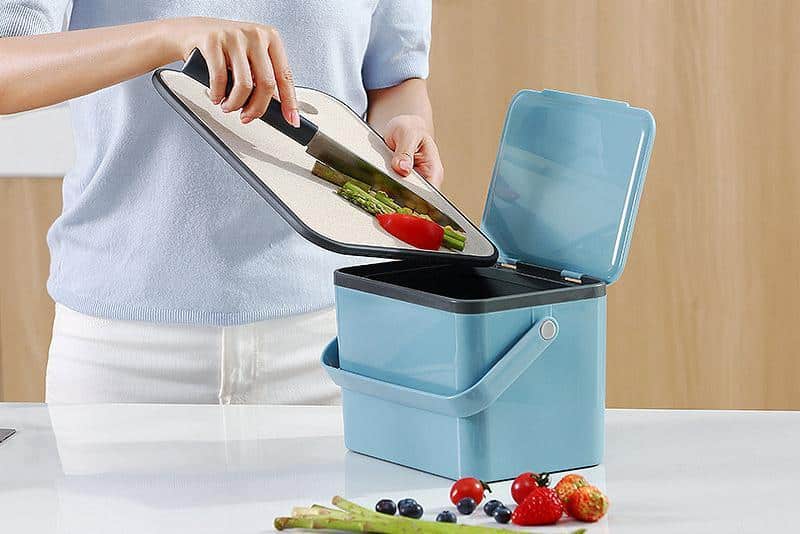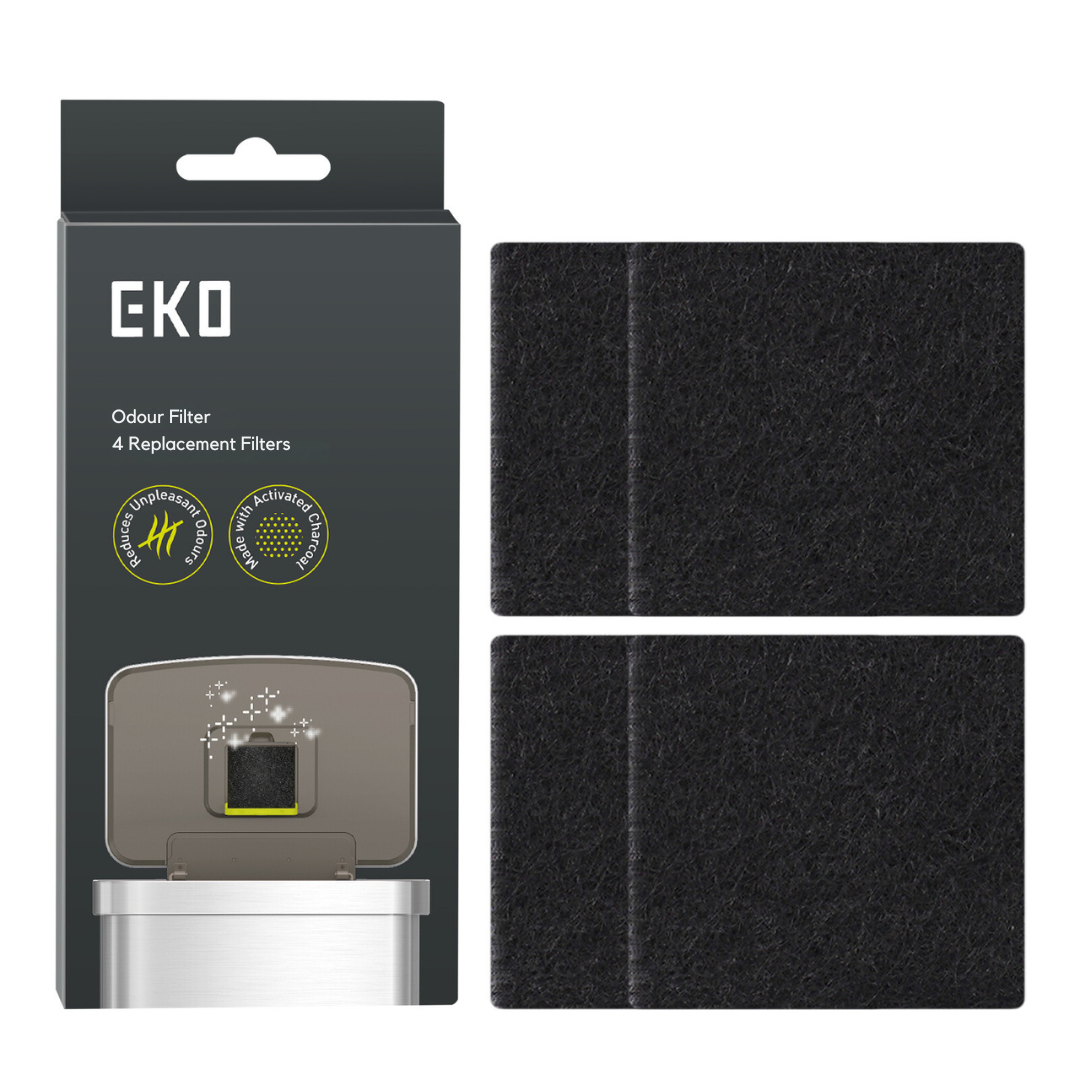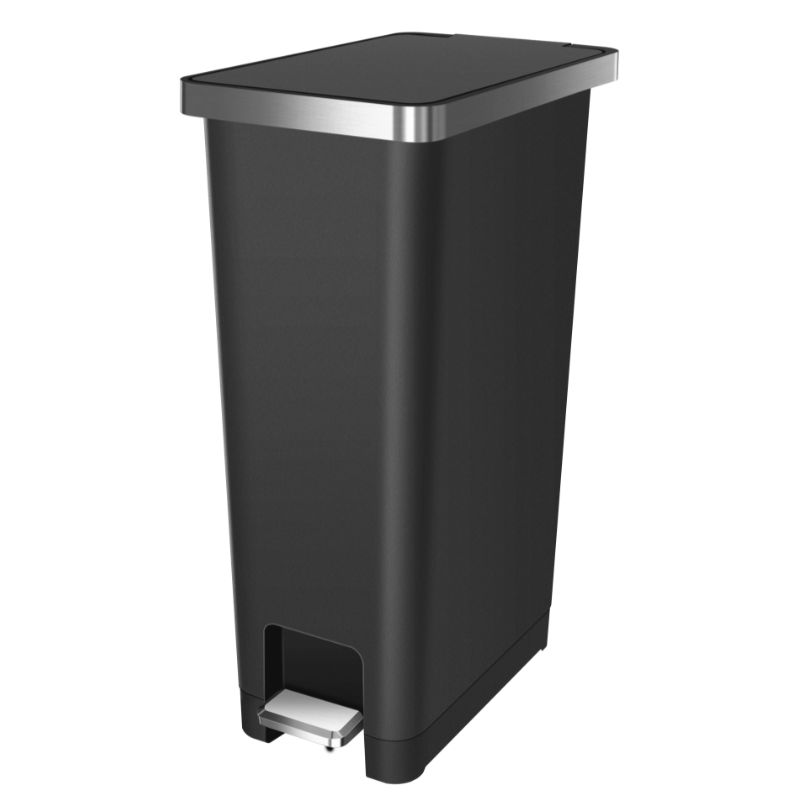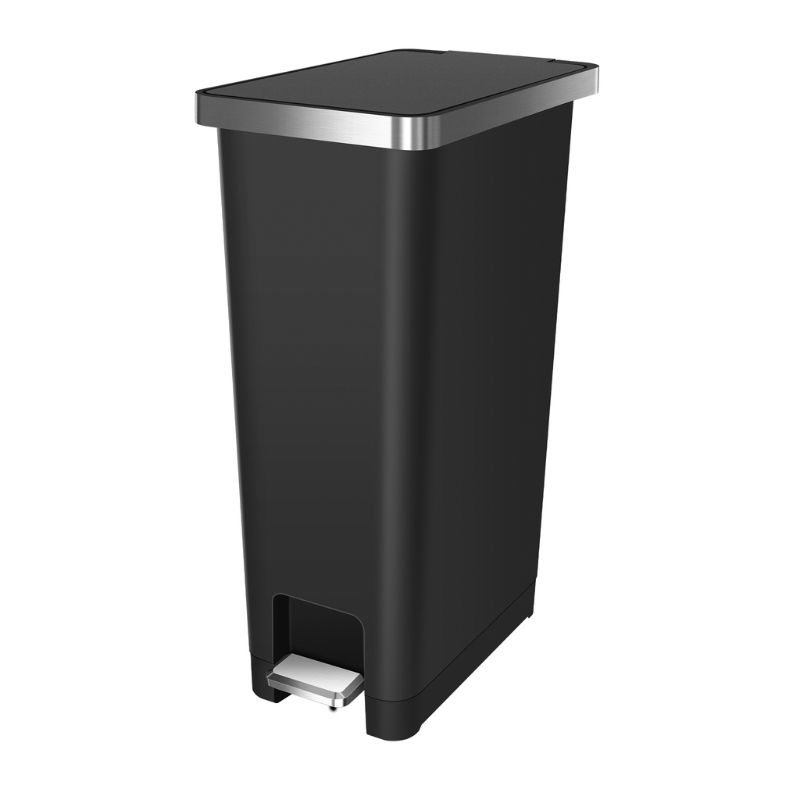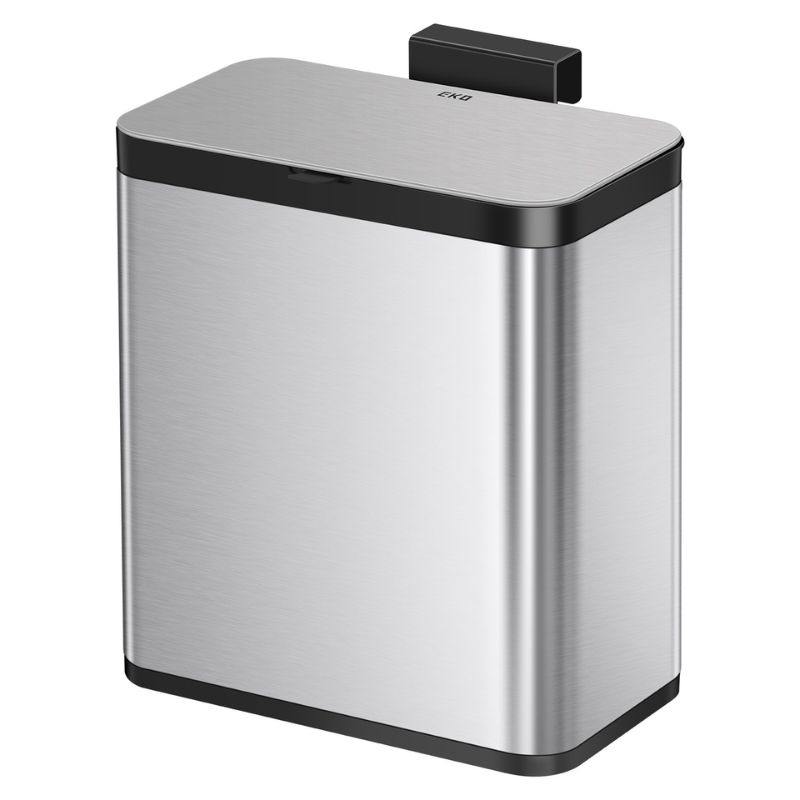We’re all aware of how our actions can impact the environment, and most of us try to make sustainable choices where we can.
All of our behaviours and purchase decisions make a difference to the planet. Every time we buy something, it sends a message to manufacturer to make more of that item. Every time we make a change such as picking food without plastic packaging, it encourages retailers and manufacturers in that direction too.
And remembering to sort our waste for recycling ensures that as little as possible goes to landfill. And other big opportunity most of us have is to reduce our food waste.
Food waste amounts to a staggering 15 million tonnes per year in the UK – which comes from retailers, food service providers and consumers. When food is wasted, the resources used in the production of the food – water, land, energy, and labour – is also wasted, and wasted food that ends up in landfill generates greenhouse gases, contributing to climate change.
While many people argue that it is up to corporations and governments to implement the changes needed, we can all do our bit as well. Just by making small changes in our food shopping, cooking and eating habits we can all help.
We did a poll around the EKO Home team on what top tips each of us had to help with this, and we came up with the following four. Can you think of a fifth? If so, please let us know and we’ll feature in a future blog post!
Planning meals
Planning meals for the week makes grocery shopping easier, helps avoid impulse purchases and makes sure there’s food for meals for the entire week, vastly reducing the chance of food going to waste.
We can all get a bit carried away and tempted by an impulse buy now and then, especially if we’re unprepared and also if we’re visit a supermarket when we’re hungry! A good food plan and shopping list can help reduce food waste and save money.
Store food wisely
When storing food in your cupboards and fridge, rotating the products in there, so
that older goods are at the front, and new ones are at the back, can help reduce waste. This way, you won’t waste food by the ‘use by’ and ‘best by’ dates expiring when it’s hidden at the back of the cupboard. Remember that the best before date (sometimes shown as BBE or best before end), is about quality and not safety. The food will be safe to eat after this date, but may not be at its best
Loving your leftovers!
Most food can be refrigerated after cooking and used as ingredients for a different meal. If you’re cooking something like pasta, and there’s left over, it can be put in a reusable container and stored in your fridge or freezer for your next meal.
One of the great ways to fall in love with your leftovers is to use them in exciting new recipes. For example, there are lots of recipes on the BBC Good Food website to make use of all kinds of leftover food from pasta and pies, to puddings and more.
Your freezer is your best friend
If it’s not possible to use a leftover straight away, or something is reaching it’s best before date then your freezer can come to the rescue. Just because something is a little bit past its best doesn’t mean it can’t still be enjoyed. For example, bananas that are starting to go brown can be chopped up, frozen, then blended later with other frozen fruits and milk for a delicious and healthy smoothie. Just like the fridge though, it’s important to remember what you have in your freezer and look for ways to include it in your weekly meal plan.
With each of these tips, you’re not only saving money and eating delicious food, but you’re also reducing your waste for the environment and making your footprint greener.
Of course, there will always be some waste from items we can’t make use of such as vegetable peelings or chicken bones. Please do take a look at our range of kitchen food waste caddies and compostable bin liners, which are designed to help make your life easy and reduce the amount of food waste going to landfill.
So that’s our 4 tips! Please let us know your thoughts and ideas for a fifth tip for future blog posts.

